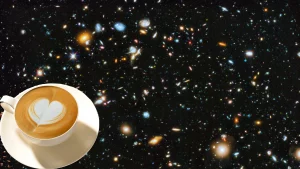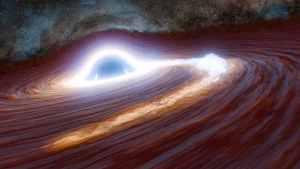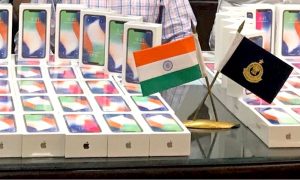All the products that Google has sent to the graveyard

At Google’s annual I/O developer’s conference, the tech giant announced a whole heap of AI-powered features that will be coming soon to its core apps, like Gmail, Docs, Sheets, Photos, and Meet. It even showcased an updated version of Project Starline, the 3D video-calling booth it announced back in 2021.
While all very fun and exciting, Google’s flashy new project announcements are usually met with some degree of trepidation by the tech press. The company has undeniably revolutionized search and advertising, and products like Gmail and Docs are incredibly popular. But, it has also announced countless products with great fanfare, failed to support them, then quietly killed them. Let’s have a look at some of the high and low lights from Google’s product graveyard.
Google Glass, Wave, Reader, and the other ones people are still bitter about
Over the past two decades, Google has killed off a lot of products—and some of them were pretty popular, or at least had diehard fans. Others, not so much.
Google Reader is, perhaps, the biggest victim here. The beloved RSS reader app was unceremoniously axed, possibly in an attempt to drive people to Google+. It’s still missed by a lot of tech writers.
The Google URL Shortener was a handy free alternative to bit.ly and other similar services. It got killed in 2019. Another similar service, Google Go Links, that allowed you to make your own custom URL shortener was also discontinued in 2021.
Inbox by Gmail, an innovative mobile-first email app, was pulled in 2019. However, most of its features, like snoozing emails and smart replies, were added to Gmail.
Another groundbreaking Google app was Google Wave: A real-time editing and collaborative document tool. Apps like Notion, Slack, and even Google Docs owe a lot to the trend-setting app, which was shut down in 2012.
Less bitterly, Google Glass was discontinued for consumers in 2015 and the Glass OS version of Android was discontinued a few years later in 2017. Its official demise was announced earlier this year. Not many people were sad to see it go, though if rumors are to be believed, we might be gearing up for the next AR goggle hype-cycle.
And perhaps most famously, Google+ was an attempt to build a Facebook-style social network that failed spectacularly. Despite cramming Google+ features into YouTube, Gmail, and every other Google app, it was faded off in 2019.
Now, with some of the big names out of the way, here are some products you might have forgotten Google even launched.
Stadia, we hardly knew ya
Google Stadia was a cloud gaming service that ran through Chrome, a Chromecast, or a mobile app. The idea was that you could stream games that actually played on Google’s server. As long as you had a fast enough internet connection, it would effectively turn your smartphone, TV, or under-powered PC into a games console.
Unfortunately, despite some dedicated fans and a lot of hype from Google, the company never delivered the one thing a games console needs: great games. It stopped operating early this year.
Jacquard
One of Google’s wildest ideas, Jacquard was a collaboration between Google and Levi’s, the clothing brand. Somehow, the two companies made two generations of a smart jacket—one in 2017 and another in 2019. It featured a touch-sensitive strip of fabric on your wrist so you could play and pause music and answer phone calls.
While it’s hard to argue that Jacquard ever really took off, Google officially killed it earlier this year.
YouTube (not so) Originals
Launched in 2016, YouTube Originals was a somewhat misguided attempt to compete with Netflix and justify the $12/month Google was asking for YouTube Premium (at the time called YouTube Red). Already big YouTubers like PewDiePie were given large budgets to make poorly received shows.
Though it wasn’t all bad: Cobra Kai, a sequel to The Karate Kid, got two seasons as a YouTube Original before moving to Netflix.
YouTube Originals was finally discontinued in late 2022.
About 9 different messaging apps
Google has a long history of releasing messaging apps before merging them, pivoting them, killing them, and reusing the name. The situation is so ridiculous that we had to write a full explainer last year.
But in short, Google currently has three communications apps: Google Chat, Google Meet, and Messages. To get to this streamlined situation, it has killed, rebranded, or otherwise discontinued: Google Talk or GChat, Google+ Messenger, SMS on Android, Google Voice, Google Messenger (a different app again), YouTube Messages, Google Allo, Google Duo, and Google Hangouts.
So, while Project Starline looks awesome, we fear there’s a good chance the general public never sees it. The AI-features look more likely to get some support, but who knows how long Google will let them stick around.










